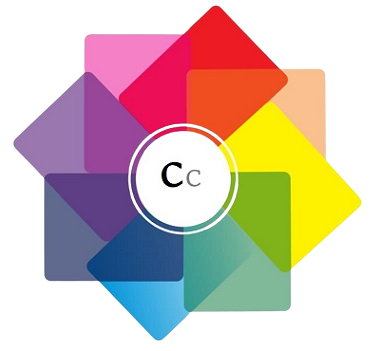If you’re a consultant, you’re sitting on a gold mine of opportunity.
In this article, I’m going to share some “shovels” with you that can help you to extract some of that gold — and open up new profit centers in your consulting business.
We call this the Ultimate Licensing Formula. It’s a six-step process that will help you sell, license, and rent your content to businesses of all sizes.
This formula will enable you to capitalize and monetize your IP: your intellectual property.
The Ultimate Licensing Formula looks like this:
- First is the possibility of licensing your most valuable IP to businesses of all sizes — and especially those that your content is suited to serve best.
- Secondly is to be paid well to be a Content producer for companies and retain your copyrights.
- Third is to find all-size companies that you will pay you to put your IP in front of tens of thousands of people you would never otherwise reach.
- Lastly is to use your IP as high-value marketing and customer currency: to potentially replace and outperform advertising and promotion.
Let’s dive in.
The New Knowledge Economy
If I were to ask you what the most valuable real estate in the world is, what would you answer?
People often answer:
- South of France
- Beverly Hills
- New York City
In my estimation, the most valuable real estate in the world is the six inches between your ears.
Why?
Because that’s what’s known as intellectual property.
You have it. I have it. We all have it. And my experience is that many of us are undervaluing it — and not deploying it in the best ways we can.
According to the World Bank, each of us has $700,000 of unrealized, uncapitalized, and unmonetized intellectual property.
IP is now a major currency in the new economy of knowledge. In this economy, wealth is generated through the creation and control of intellectual property.
What Is Intellectual Property (IP)?
Intellectual property (IP) is what’s in your brain.
It’s the knowledge you put into forms, like courses and programs.
It’s also things like frameworks, models, recipes, and formulas.
Sometimes, these things can be just as — if not more — valuable than your other deliverables.
You can use IP to gather other people’s resources which you can use to trade, borrow, or exchange.
For example, I’ve traded my IP for vacation homes, cruises, and cash.
It also gives you an opportunity to potentially take equity in a business as a consultant. If you can improve the value of your client’s business, you could make an equity deal. IP is equity.
IP is also content marketing. If your IP can help your client generate more leads or traffic, you’ve got valuable IP. Your IP doesn’t necessarily have to show them how to do these things. But, if you can deploy it and it opens new markets, generates leads, or reactivates customers, you’re producing valuable IP.
Why Every Consultant Should Play The IP Game
IP is a great game to play. Not only is it a great game, but you already possess it. It gives you the opportunity to use it as a unique and valuable skill — a skill that can pay off for the rest of your life.
Selling your intellectual property is easier than selling your products.
By separating out your IP as a separate asset, you can create another revenue stream with the same clients you work with.
With IP, you capitalize on your intangible wealth. Since it’s intangible and intellectual, it has infinite possibilities. It can generate cash flow. You can have a bigger impact because you can deploy your IP in ways that you might not be able to sell consulting services or sell products.
Change the way you look at things, and the things you look at change.
A big part of creating and leveraging your IP is putting aside your preconceived notions and to start looking at the value of your intellectual property in a whole new way.
Don’t think inside the box. Don’t even think outside the box.
Instead, throw the box away.
Information Products vs Intellectual Property
30 years ago, I went to a Jay Abraham seminar — one of the greatest marketers in the world.
He gave us two big boxes full of videos, audio, reports and other goodies. There was no way we could bring it back with us on the plane, so they had to ship it to our homes.
30 years later, I moved out of my home from New Jersey to California. And I happened to find that box, which I had never opened.
The information game is a box game, even when it’s digital. You put it together into a “box.”
The IP game, on the other hand, is about essence. We reverse the process from creating it into form to going back to the essence that created it.

